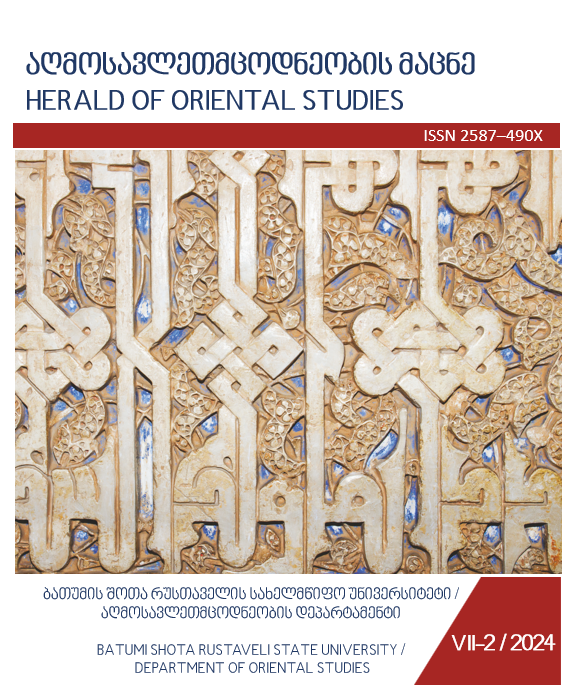The influence of Ibadi Islam on the domestic and foreign policy of the Sultanate of Oman
DOI:
https://doi.org/10.61671/hos.7.2024.8273Keywords:
Conflicts, Union, Diplomacy, Oman, Ibadia/IbadismAbstract
After the terrorist attack organized by Hamas against Israel on October 7, 2023, in response to which the military operation started in the Gaza Strip, which still continues with more or less intensity after half a year, and which turned into extreme tension between Iran and Israel due to the subsequent events, the world faces the risk of a new large-scale regional conflict. Due to the mentioned factors, there are still questions about whether there is the smallest possibility of resolving the conflicts that arise periodically for various reasons in the Middle East region in a diplomatic way, or whether we have visible examples of the mentioned phenomenon in the recent history of the countries in the region. How open is the Muslim world to peaceful conflict resolution? Which country represents the most successful precedents in this regard, and which of the main branches in Islam are more flexible in dealing with these challenges?
Events in the recent history of the Middle East are changing with kaleidoscopic speed. There are frequent examples when yesterday's opposing parties manage to normalize their relationship, e.g., the Abraham Accords between Israel, the United Arab Emirates, Bahrain, Morocco, and Sudan (a little bit later), initiated by the administration of former US President Donald Trump. There are cases when partnership relations are temporarily interrupted and strained. For example, the contention between the member states of the Gulf Cooperation Council in 2017 on the basis of accusations of Qatar's connection with Iran and support for terrorism, which lasted until 2021.



































